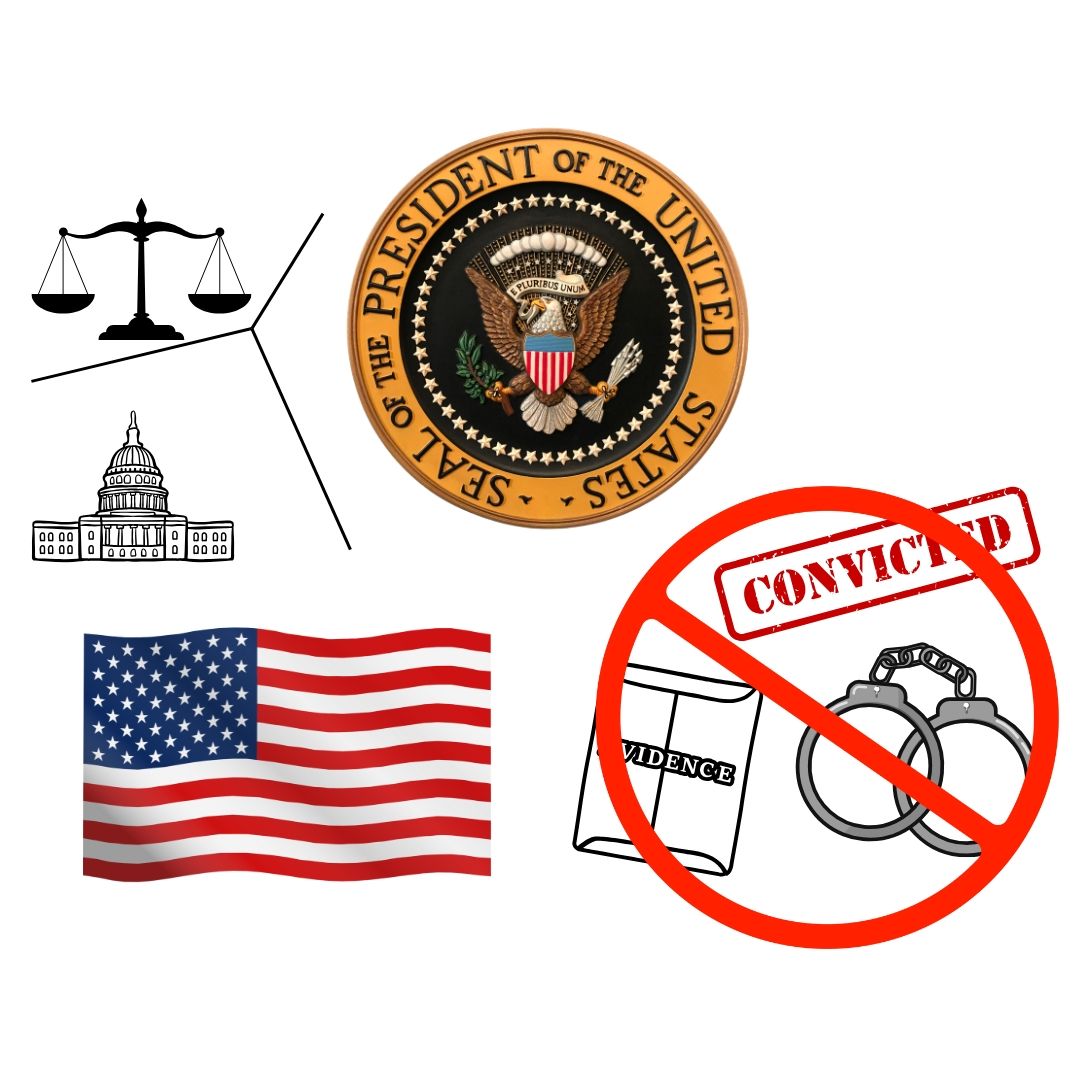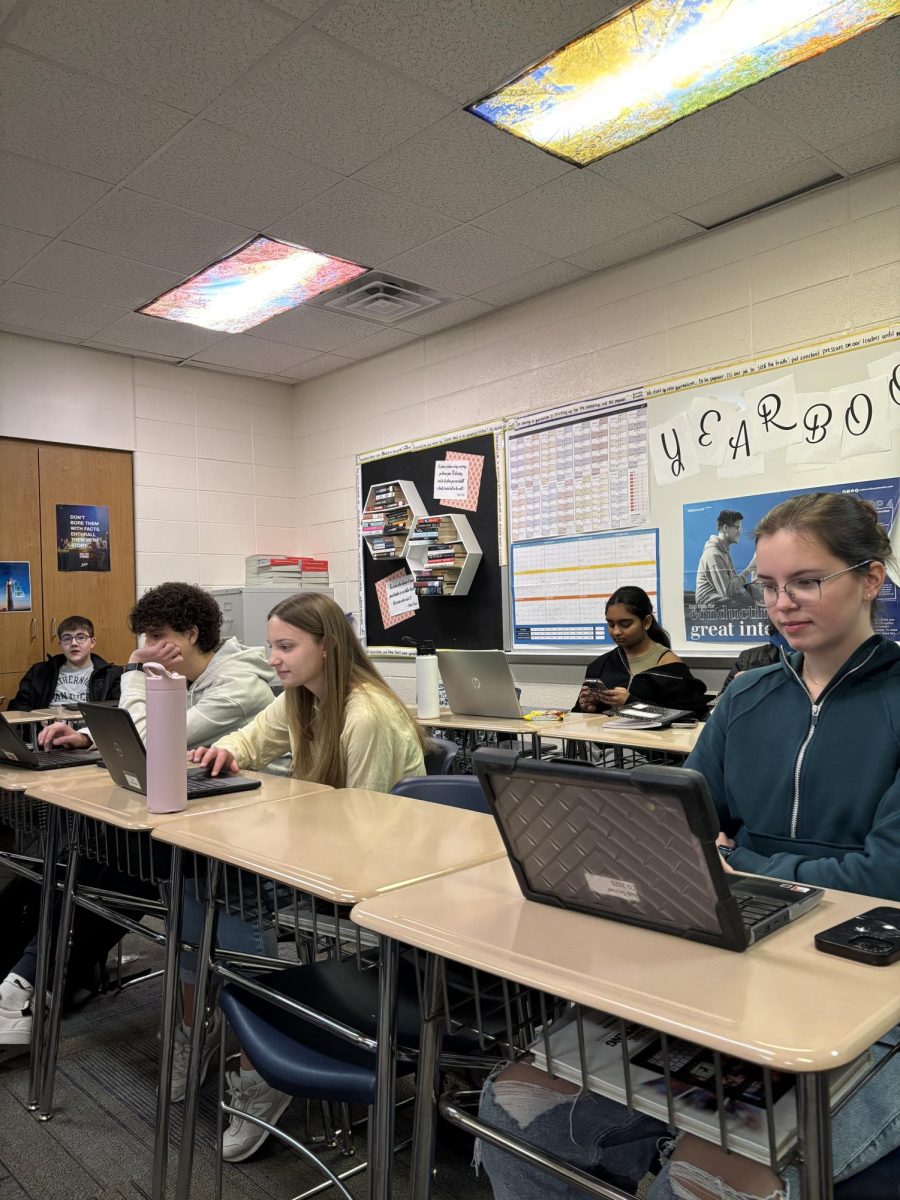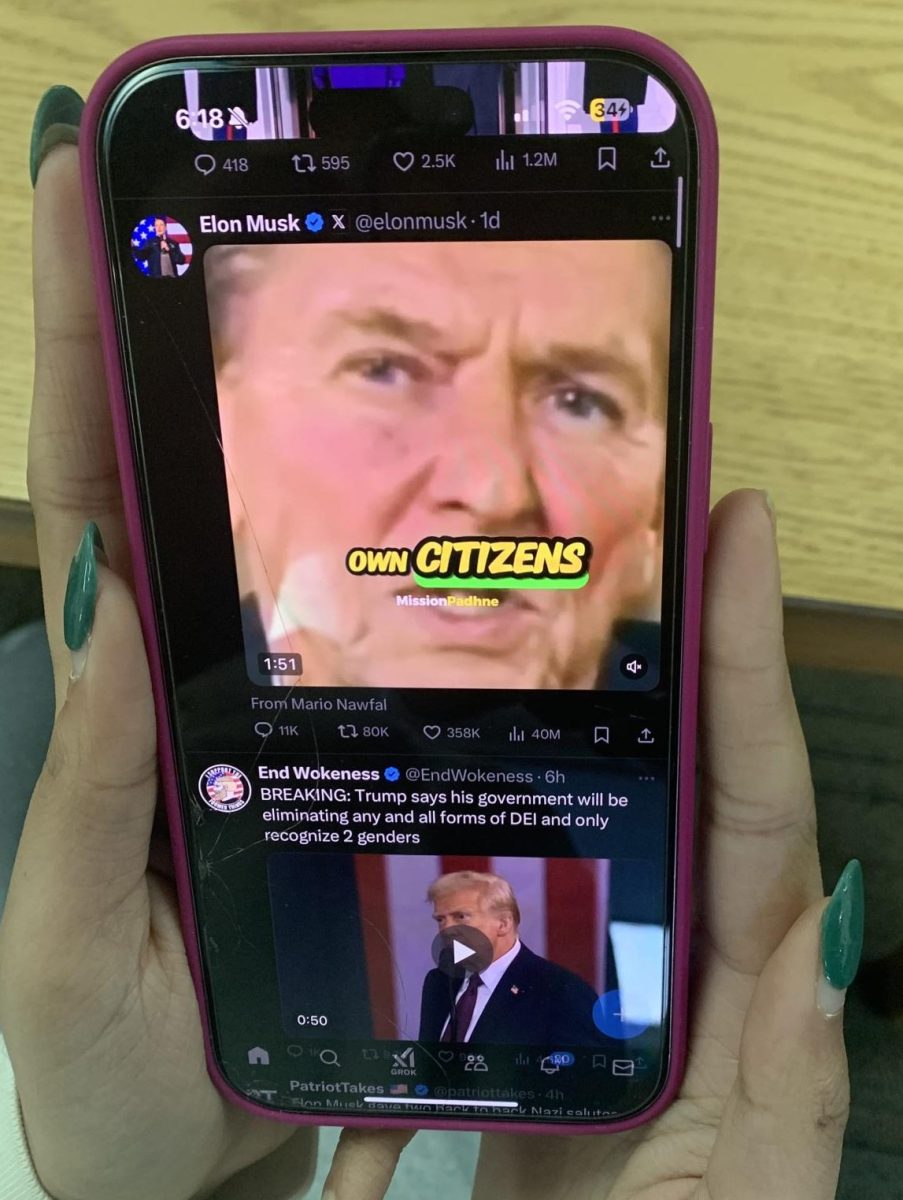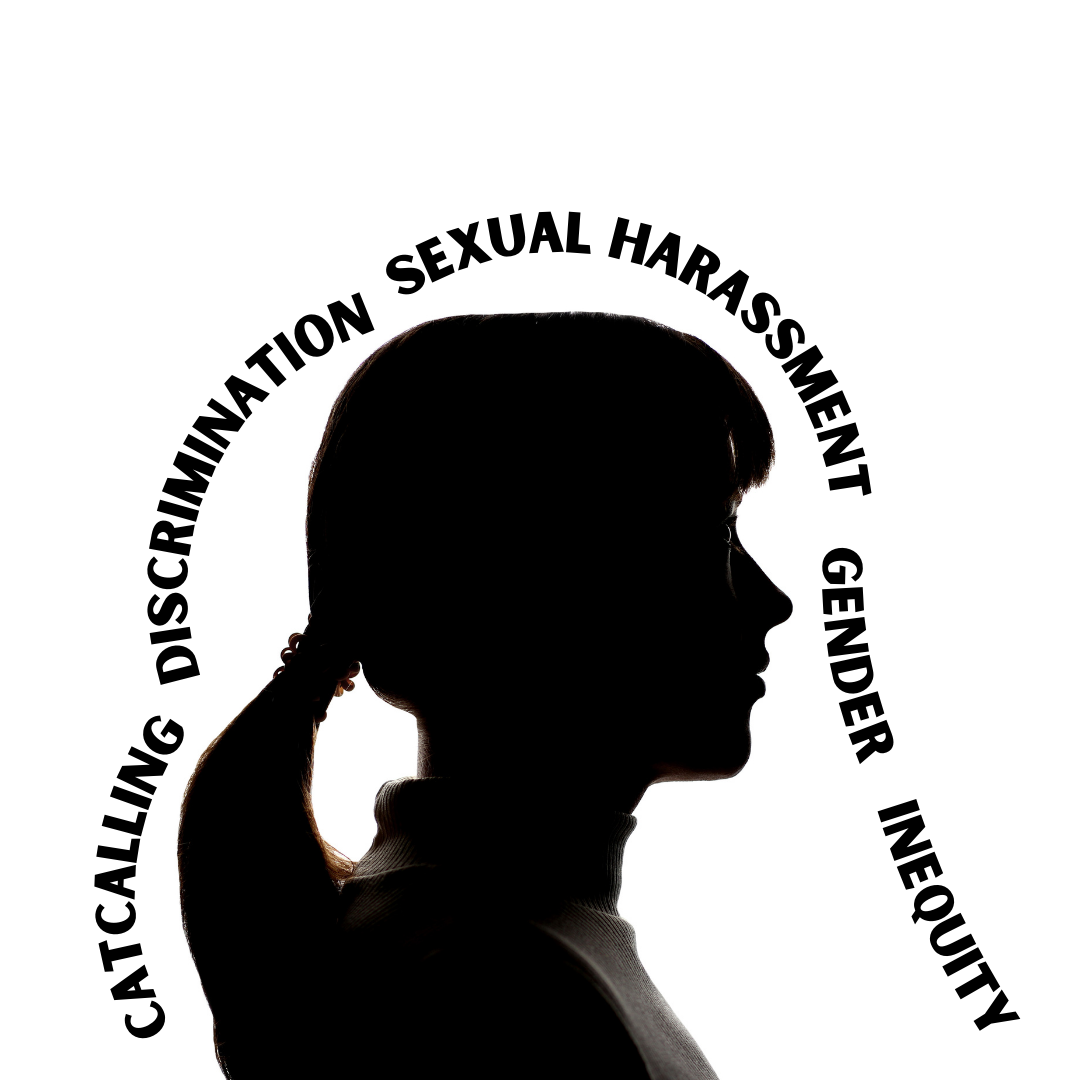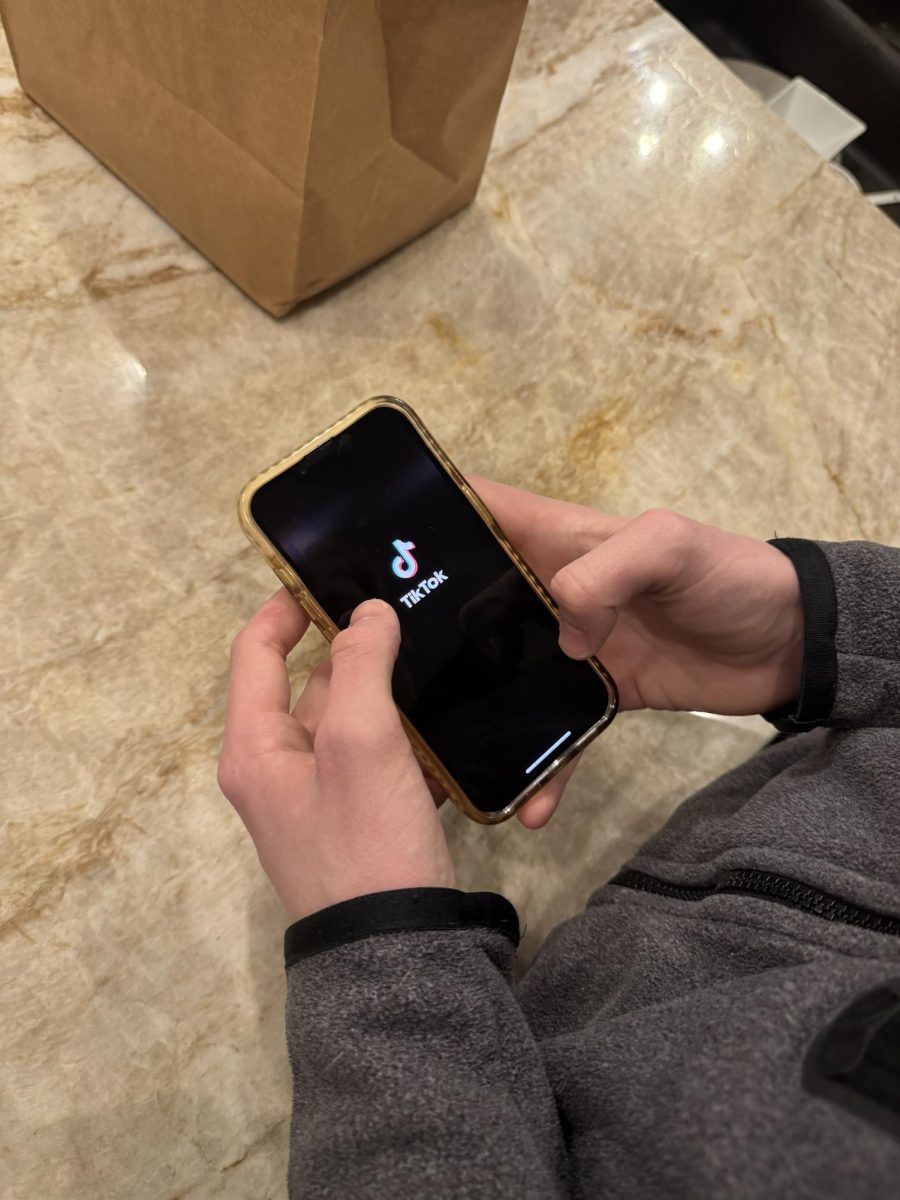Presidential pardoning has been used over the years for a multitude of beneficial reasons. It has helped to correct injustice and help the United States become more unified. However, recent pardons suggest it is being used to expand executive power within the U.S. government.
During former President Joe Biden’s last hours in office, he commissioned pardons for five of his family members, as well as Liz Cheney, Dr. Anthony S. Fauci and Mark A. Milley. His reasoning for these pardons was worry over future political action and investigations against these individuals, especially his family. While his intentions may have been to protect them from future accusations, his family members haven’t been convicted of any crimes.
This sets a precedent of preemptive pardoning for Presidents in the future. It is expanding the power of the executive branch, specifically the President, beyond their term in office.
Now, President Donald Trump has taken office, and in the first few days of his presidency he pardoned 1,500 people who were involved in the actions of the Jan. 6 Capitol attack. A mass pardon in so little time shows that the President was not thinking of these defendants on an individual level, but rather a collective group as they were all involved in one event. The decision to pardon all those convicted in connection to this event without individual consideration raises significant concerns.
Both of these modern presidents’ use of the pardoning power are reflective of the increase in executive power that has been happening in the U.S. government. In the U.S. Constitution, pardoning power is open-ended with little restriction, “First, only crimes against the federal government are pardonable. No civil cases, nor any state cases can be pardoned by the president. No pardon can be used in any case of impeachment. Which leads to how Congress can ultimately check the president. If the president so abuses the pardon power Congress has the ability to impeach the president,” explained Joe Youngbauer, AP U.S. Government teacher. Preemptive pardons is something that no other president has done. It is expanding the power of a President past their time in office to extend into the future.
Additionally, pardoning in mass quantities is dangerous, especially those who acted together in a violent event. “Pardoning when taken to an extreme is problematic, I get that it is important for checks and balances, but Trump pardoning 1,500 people who committed violent actions without careful consideration of each case blurs the line between the executive and judicial powers,” said senior Manusri Mutyala. The executive branch is continuing to take more than its share of power.
The changing dynamic of politics in the U.S. could be an explanation for the increase in pardon power. “I think it is an extension of presidential power but I think its root cause is increased political polarization and tension,” said Youngbauer. “Both presidents are responding with a flex of their power because they think the opposite political party will harm them or has previously harmed them.”
Pardoning power is important and has helped correct many injustices that result from the U.S. criminal justice system. However, pardoning power is being used beyond its original intention. More regulations on this power would be a good start to ensure the executive branch stays within its powers according to the Constitution.


